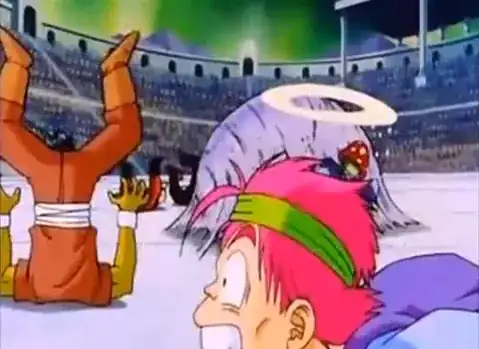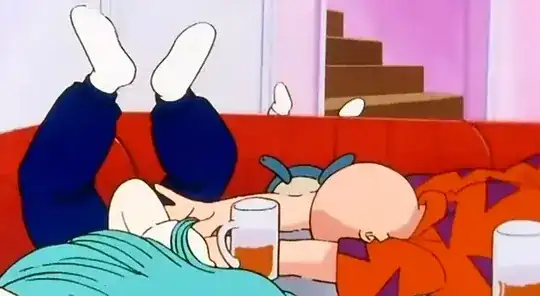In many anime, when characters are surprised or seen to do something stupid, the other characters will sometimes fall or keel over on their faces in some comical positions with their legs in the air. Where did this originate and is it used in any other case and or culture where stupidity or shock is (or) not implied?

This link offers some information on it but it doesn't verify or explicitly state its origin.
When shocked or surprised, often by an absurdity or non sequitur, the listener may fall over onto his face, his limbs in a twisted mass above him. In its typical form, the character in question has just heard someone else say something so incredibly stupid that it, quite literally, floors them.
